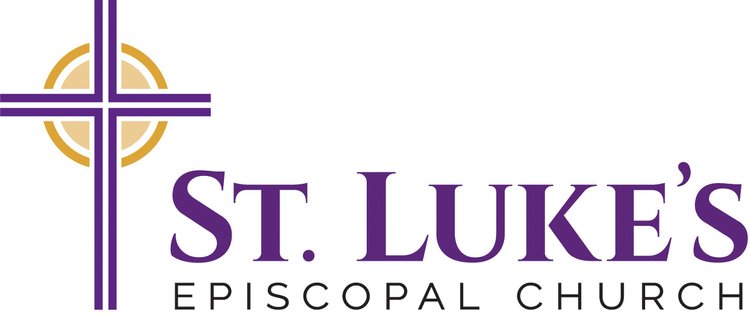Well, it’s happened again! About a week ago I got fed up; fed up with what I was listening to on the car radio. Most of you know that I’m something of a political junkie, and this facet of my personality comes across when choosing what to tune into on the radio while driving. Frankly, given how distracted (and worked-up) I get from these talk-shows, it’s a miracle I haven’t driven off the road years ago.
Well, as I said, about a week ago I got fed up with all that. I turned the dial. Instantly, strains of Christmas carols were pumping through all ten speakers in my car. Being in a bad mood already, I was not pleased by this occurrence of yuletide messaging. All the usual objections flashed through my brain: “What? Christmas already? Thanksgiving hasn’t even had a chance to happen yet! Wow! Madison Ave. just can’t wait, can it? Why does THIS have to happen every year to a favorite music station?”
Strangely, though, I didn’t turn away. The music, and its message of hope and cheer was conquering my grumpiness. I was actually starting to feel good inside my head. My inner Grinch vanished, and all that was left for several minutes was a three-sizes-larger heart full of warmth and contentment.
Then it hit me: how you and I arrive at Christmas this year will depend entirely on how we respond to its message. Consider, for a moment, how the Shepherds responded to the message of that first Christmas. They didn’t have to respond as they did. It could have gone like this:
“When the angels had left them and gone into heaven, the shepherds said to one another,” (Luke 2:8ff)
Shepherd #1. The Purely Emotional Response:
“Oh, wasn’t it wonderful! What a sight! The singing was beautiful!
The lights were super! Oh, I’ll remember this as long as I live!”
Shepherd #2. The Rationalist Response:
“It was just a unique astronomical phenomenon; the conjunction
of spheroids in the ionosphere accompanied by an amazing
display of sonic waves.”
Shepherd #3. The Psychological Response:
“This can all be explained by the high state of nervous tension
created by living in a time of pandemic fear, political unrest,
financial insecurity, and unfounded hopes of a rescuer.
Shepherd #4. The Pragmatic Response:
“So we saw some bright stars and heard some singing. We still
have sheep to take care of. The night’s only half over and so is
our shift. If there’s a baby in Bethlehem he’ll still be there in the
morning.”
Shepherd #5. The Indifferent Response:
“(Yawn). What’s all the fuss about? How do you expect me to
sleep with all this racket going on!”
Shepherd #6. The Faith Response:
“Let us go now to Bethlehem and see this thing that has taken
place, which the Lord has made known to us.”
Question #1: Which shepherd’s response comes the closest to our response?
Question #2: Which shepherd found the Savior in Bethlehem?
The Lord bless you as you prepare for the Advent/Christmas/Epiphany season ahead of us. May your worship be filled with celebration, your home glow with light and love, and your heart and spirit be lifted into joyous song and revelry at the Good News of everything that our Lord's birth means for us all.
GOD BLESS US, (and ours, and theirs, and all else's) EVERY ONE!
Peace,
Fr. Rick
